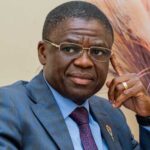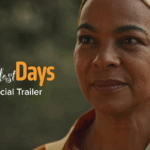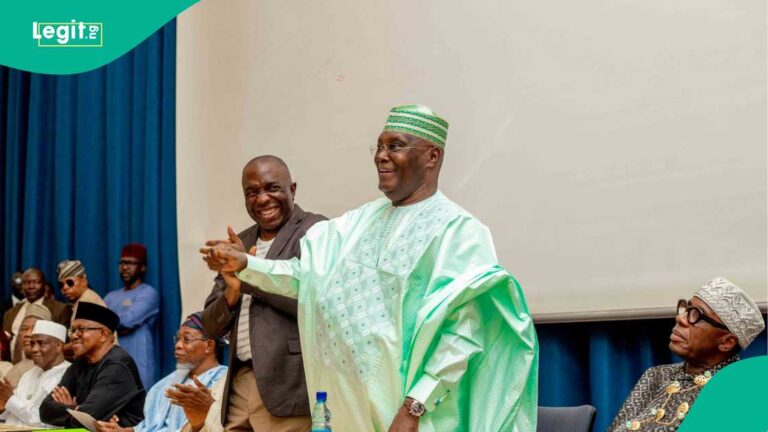In a move signaling a potential reshaping of Nigeria’s political landscape ahead of the 2027 elections, key figures like Atiku Abubakar, Peter Obi, Nasir El Rufai, and other prominent leaders recently converged on Abuja for the high-profile unveiling of the ADC coalition. This unprecedented alliance, bringing together diverse political voices under a single banner, has captured national attention, sparking curiosity and speculation about its implications for the future of Nigerian politics. As the capital buzzes with anticipation, the ADC coalition’s emergence invites a closer look at what this collaboration means for the upcoming electoral season and the evolving dynamics of power and policy in the country.
Atiku, Obi, El Rufai, and Allies Converge in Abuja for Historic ADC Coalition Launch Unpacking the Strategic Significance of the Coalition for Nigeria’s 2027 Elections Collaborative Dynamics and Policy Alignments Shaping the Future Political Landscape Recommendations for Sustaining Unity and Maximizing Impact Beyond the Coalition Unveiling
The convergence of key political figures such as Atiku Abubakar, Peter Obi, and Nasir El Rufai in Abuja to launch the ADC coalition marks a pivotal moment in Nigeria’s journey toward the 2027 elections. This alliance is not just a political statement but a strategic blend of diverse visions and governance philosophies, promising to reshape the electoral dynamics and policy frameworks of the nation. Collaborative efforts within the coalition focus on:
- Harmonizing policy goals with a shared commitment to transparency, economic revitalization, and social inclusion.
- Pooling resources and grassroots support to create a unified front capable of challenging established political orders.
- Leveraging each member’s unique regional influence to build a truly national framework for sustainable development.
To ensure this coalition’s longevity and effectiveness beyond the initial unveiling, continuous engagement strategies, conflict resolution mechanisms, and adaptive policy reforms must be prioritized. The table below outlines key areas where collaboration can be optimized to sustain the coalition’s impact:
| Focus Area | Action Points | Expected Outcome |
|---|---|---|
| Policy Alignment | Regular joint forums and policy workshops | Coherent, unified legislative agenda |
| Public Engagement | Co-branded outreach programs across regions | Broadened support base and voter mobilization |
| Conflict Resolution | Independent coalition mediation committee | Minimized internal friction and strengthened unity |
By nurturing these collaborative dynamics and institutionalizing strategic alignments, the coalition stands to be a transformative force in Nigeria’s political landscape, paving the way for meaningful change and greater democratic participation in 2027 and beyond.
As the dust settles on a day marked by political fervor and strategic alliances, Abuja stands at the crossroads of a new chapter in Nigeria’s democratic journey. The unveiling of the ADC coalition, graced by figures like Atiku, Obi, and El Rufai, signals not just a meeting of minds but the forging of a collective vision. Whether this coalition will redefine the nation’s political landscape remains to be seen, but one thing is clear: 2027 is shaping up to be a year where old rivalries give way to fresh possibilities, and the pulse of Nigerian democracy beats with renewed energy and anticipation.




















0 Comments